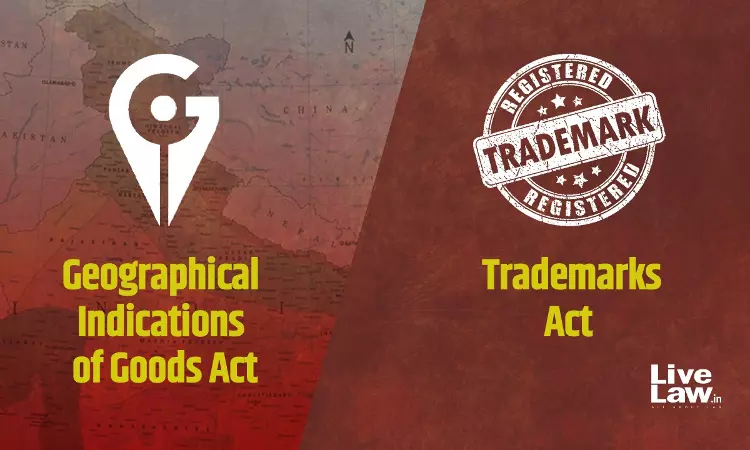Unlike Trademarks Act, Priority Of Adoption Plays No Role In Ownership Under GI Act: Delhi High Court
Kapil Dhyani
11 July 2025 1:05 PM IST

The Delhi High Court recently embarked upon the distinction of rights under the Geographical Indications of Goods (Registration and Protection) Act, 1999 and the Trade Marks Act, 1999.
While dealing with the GI claims of Peru and Chile-based organisations in South America over 'PISCO' for certain alcoholic beverages, Justice Mini Pushkarna observed,
“While the trademark is a private right of an individual or an entity, GI is collective right of producers in a region. The Trade Marks Act distinguishes the goods and services of one trader from others. On the other hand, GI indicates a product‟s origin from a specific geographical origin. While a trademark can be assigned, transferred or licensed, a GI cannot be assigned or transferred. The trademark belongs to one person or entity, however, GI belongs to the community/region.”
One of the key distinctions that the bench identified was that while in Trademarks law 'prior adoption' of the mark plays a significant role in determining rights of parties, it plays no role in ownership under the GI Act.
The bench observed,
“Under the Trade Marks Act, priority of adoption and use of a mark are key concepts for determination of ownership of a trademark. However, priority plays no role in ownership under the GI Act, which is concerned with identification of particular goods as originating or manufactured in a specific country, territory, region or locality, with given quality, reputation or other characteristics, as essentially attributable to its geographical origin. Thus, the only relevant consideration is whether the goods in question are actually, and in fact, identified by that geographical origin in the relevant markets, trade channels, consumers etc.”
In the case at hand, the Peruvian side had claimed 'prior' use of PISCO, thereby resisting the Chilean PISCO claim. However, the Court opined that the issue is not relevant as GI jurisprudence is different from trademark jurisprudence.
It pointed that Section 9 of the GI Act, which deals with prohibition of registration of certain GIs, does not refer to “priority” or “dishonesty”, unlike Section 11 of the Trade Marks Act which deals with “relative grounds of refusal”, which makes reference to an earlier/prior trademark.
The Court also pointed out that there is no reference to goodwill or misappropriation in the GI Act.
“The considerations regarding dishonest adoption, misappropriation and prior user, are concepts that are relevant for registration of a trademark. However, for the purposes of GI, it is to be seen and considered as to whether goods are identified as being originating or manufactured in a particular territory, country, region or locality,” the Court observed.
It thus held that findings of the Intellectual Property Appellate Board, allowing Peru's GI application for PISCO, were erroneous insofar as it referred to use of PISCO with reference to Chile as 'historically dishonest'.
“The GI law does not concern itself with the political history of the country, but with the cultural/industry practice of the name given to a product of that country. It is not the function of any court of law to give findings based on historical speculation or to pass legal judgments on the vagaries of socio-political events,” the Court observed.
In conclusion, the High Court modified the IPAB order to the extent of adding a “Peruvian” prefix to the GI, to make it distinct from Chilean PISCO.
Appearance: Ms. Shwetasree Majumder, Mr. Aditya Verma, Mr. Rohan Krishna Seth, Mr. Rigved Prasad, Mr. Ritwik Marwaha, Advocates for Petitioner; Mr. Vijay Joshi, Advocate for R-1 and R-2; Mr. Sanjeev Sindhwani, Sr. Adv. with Mr. Prashant Gupta, Mr. Jithin George, Mr. Gaurav Sindhwani, Advocates for R-4
Case title: Asociacion De Productores De Pisco A.G v. Union of India & Ors.
Case no.: W.P.(C)-IPD 17/2021
